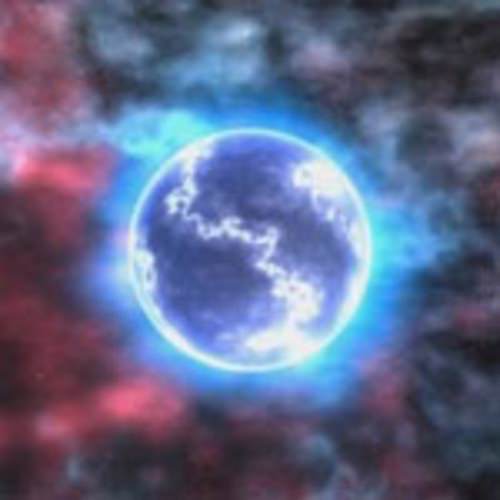IBM announced today that it is acquiring data warehousing company Netezza for $1.7 billion, continuing Big Blue’s steady diet of acquisitions. Netezza will complement IBM’s more expensive ISAS package and competes directly with the comparably priced Exadata from Oracle.

“Big data and data warehousing are at the core of every analytics problem,” says Altimeter Group co-founder and analyst R “Ray” Wang. And Bitcurrent analyst Alistair Croll told us: “A lot of the CIOs I’ve spoken with recently tell me they feel more and more like a service bureau for their marketing departments. There’s just so much information floating around, and chewing on it is hard work.” So what does this deal mean for the future of big data in the enterprise?
Here are a few possibilities:
Data Warehousing Price War Escalation
Forrester analyst James Kobielus wrote on his blog that Netezza started the pricing wars by setting its prices at $20,000 per usable terabyte, “which is an order-of-magnitude cheaper than integrated DW hardware/software solutions cost just a few years ago.” Oracle’s Exadata-based solutions just happen to start at the same price point.
The timing of the announcement from IBM comes near the beginnging of Oracle OpenWorld 2010. Wang says “IBM is sending a message that there are other options out there, and IBM’s going to be one of them.”
With IBM entering the low-cost DW market, expect more companies to start slashing prices to compete.
More Consolidation and Integration
According to big data focused developer Pete Warden, Netezza offers a unique solution to dealing with big data. Most companies, such as Google, throw multiple cheap solutions at the problem – but not Netezza. “Instead, they built highly-specialized hardware around FPGAs (Field-programmable gate arrays) so that they could actually handle a lot of the query logic at the disk controller level, weeding out unnecessary rows and columns before they even reached the main CPU,” said Warden. “It’s similar to the way Nvidia build graphics cards that accelerate common 3D rendering operations, but for SQL data processing.”
“Data warehousing has been a staple of enterprise IT for decades, with companies like Cognos, Hyperion and Microstrategy selling huge systems that relied on complex data cubes,” said Croll. “Netezza made data warehousing simpler (with an appliance approach) and faster (by making it parallel) and palatable to the enterprise (by making it look like legacy data interfaces.)”
Despite having a different solution, Netezza was in a vulnerable position on its own. Kobielus notes that the commoditization of DW and customers’ preference for all-in-one solutions is giving vendors like IBM, Oracle, SAP, and Microsoft an advantage. From this stand point, the acquisition is probably very good news for Netezza.
Kobielus wrote “Forrester expects HP to make a play for one of the remaining, well-established DW appliance vendors, with Teradata the most likely and Vertica also a strong contender.”
More Commoditization, Less innovation in Data Warehousing
What will the consolidation trend mean for enterprise customers and for the DW vendors? It might not be pretty. After IBM acquired Coremetrics earlier this year, competitor SeeWhy‘s CSO Charles Nicholls wrote:
The problem is that acquired companies find it very difficult to innovate. Their attention and effort is now focused on integration with the acquiring company rather than innovation within their product lines. That problem is then compounded by an exodus of talent. Young, energetic, entrepreneurial people don’t necessarily want to work for the acquiring company, so they leave.
Nicholls is far from alone in the view that acquisition stifles innovation. And speaking of innovation, there’s a certain irony in this acquisition. Just last week, IBM CEO Samuel J. Palmisano criticized HP for its strategy of acquisition over innovation:
“H-P used to be a very inventive company,” Mr. Palmisano said in an interview at a Wall Street Journal event on Tuesday. IBM would never have paid what H-P did to buy data-storage provider 3PAR Inc., he said. “[H-P] had no choice,” said Mr. Palmisano. “Hurd cut out all the research and development.”
Yet IBM has been on an acquisition rampage. According to Wikipedia, the Netezza acquisition is IBM’s 12th this year. It acquired seven companies last year.
However, innovation in big data could come from other angles. SAND COO Mike Pilcher is cynical about the ability of Oracle, Teradata, Netezza, and IBM to speed up data. He believes that real improvement will come from the columnar database approaches offered by his company and competitors such as SAP’s Sybase IQ, Vertica, Infobright, and ParAccel.
Croll and Warden both note that NoSQL solutions also offers new approaches to big data.
Disclosure: IBM and HP are ReadWriteWeb sponsors.

















